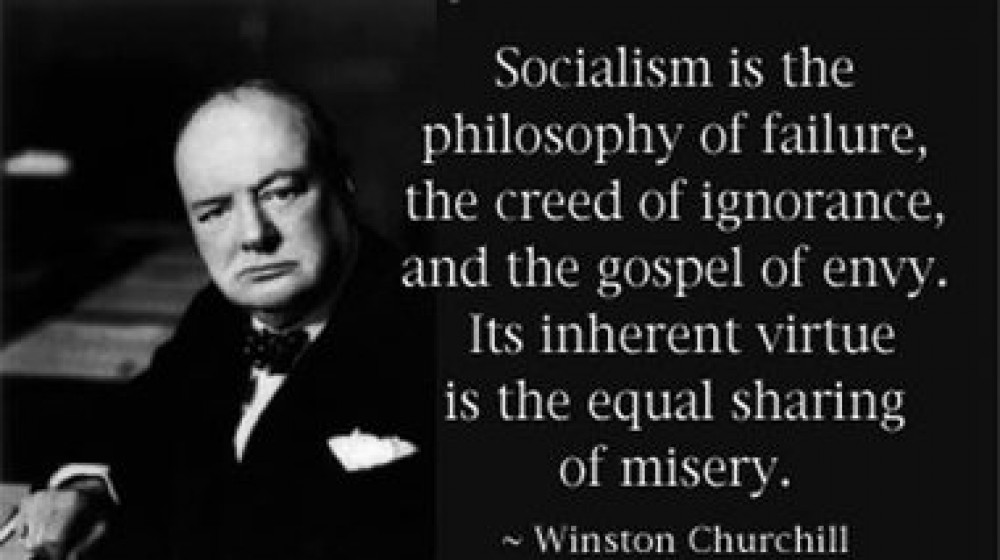Kelli Goff at The Daily Beast asks the question:
I’m injured in a plane or car crash. There is one hospital located in the town in which the crash has taken place. Do you believe the hospital has a right to refuse to treat me on the basis of race, and that the government has no moral or legal imperative to require the hospital to treat me?
It is a powerful hypothetical, but one wholly contradictory to her own worldview, if she bothered to examine the issue critically. That worldview which meets its every encounter with limited government or libertarian philosophy with the rejoinder that says “your philosophy sounds great, and probably works as an academic exercise, but it just doesn’t work in the real world.” Well Kelli, if we’re dealing in “real world” empiricism, I might ask the same of your hypothetical: who, in the real world, would ever deny treatment to a plane crash victim on the basis of race, in 2014 America? For one, we have federal laws that require hospitals and physicians to deny no one access to emergency care, and these are not race-based but comprehensive statutes already on the books. More important is the impossible to measure yet difficult to argue with reality that an overwhelming majority of Americans of every race, creed or religion would not hesitate to treat a wounded victim in an emergency.
Libertarians understand that the perfect should not be the enemy of the good. We accept that ideological principle must cater to the world as it is, not as we wish it was. Thus, we accept the necessity of the Civil Rights Act, especially in the real world of 1965. But whether through evolution of general human understanding and tolerance, or through federal intervention to prevent institutional racism, the real world of 2014 is not that of 1965. Yet that does not mean the libertarian project of this century aims to dismantle the CRA. It does mean however, that the social realities of today have improved and therefore the tendency to suggest that worst case scenarios would be imminent as a result of libertarian policy is unhelpful.
Accepting real world realities means libertarians wish to unwind the federal government’s involvement in civil society at the margins first. Every libertarian trains his eye on reducing the bureaucracy’s influence over education, for example, long before he lands (if he ever does) in the realm of undoing all federal involvement in society. Medicaid is an awful program rife with waste, replete with fraud, and provides no measurable gain in health or general well-being when compared to those in similar economic strata who do not participate in the program. Still, libertarian efforts to block grant this money back to the states are efforts to allow more flexibility and thus provide greater service at less cost, rather than an attempt to destroy the program in full or to literally take benefits from those most in need. Goff’s hypothetical is of a piece with the unwelcome habit of scaremongering; claiming the absolute worst possible outcomes would necessarily flow from pragmatic, nee real world libertarian prescriptions.
By always assuming the worst in the abstract, critics miss the obvious and tangible good that would flow immediately from many libertarian reforms. On the drug war, sentencing disparities, economic opportunity and educational choice, libertarians have been at the vanguard of these lonely efforts to buck the status quo and improve the lots of African-Americans. Unlike our self-anointed altruists of the left, whose prescriptions are paternalistic in their insistence that only the enlightened bureaucracy can solve your problems (i.e. “we’re smarter than you, let us plan your path out of poverty from remote Washington D.C.”), we mean to empower black Americans through more choice. Lower taxes and fewer one-size-fits-all central plans on healthcare and education. No more public monopolies on services but an extension of services through local competition and an eradication of public union thuggery. Ultimately, libertarians believe that black Americans have been promised endless aid in the form of other people’s money and that this has utterly failed to lift large swathes of blacks out of poverty. Why not try something different?
If ever given the opportunity, libertarian ideas can show the skeptics how our policy positions do not begin from the philosophical extreme of the ideology. Even it was our goal, anarchy wouldn’t be achievable overnight. And anarchy isn’t really our goal, not in the real world. So can we stop posing hypothetical gotchas against libertarianism that insist we operate from such rigid dogma? Politics is the art of the possible, even for libertarians.
The answer Kelli is, of course you would be treated. The question you should be asking is will my children be better off stuck in the public monopoly on education run by selfish, ‘me first’ union reps, or would competition and choice mean a world of advancement and fulfillment for the black community?
It’s not an easy question to demagogue, which is why it isn’t often asked.
